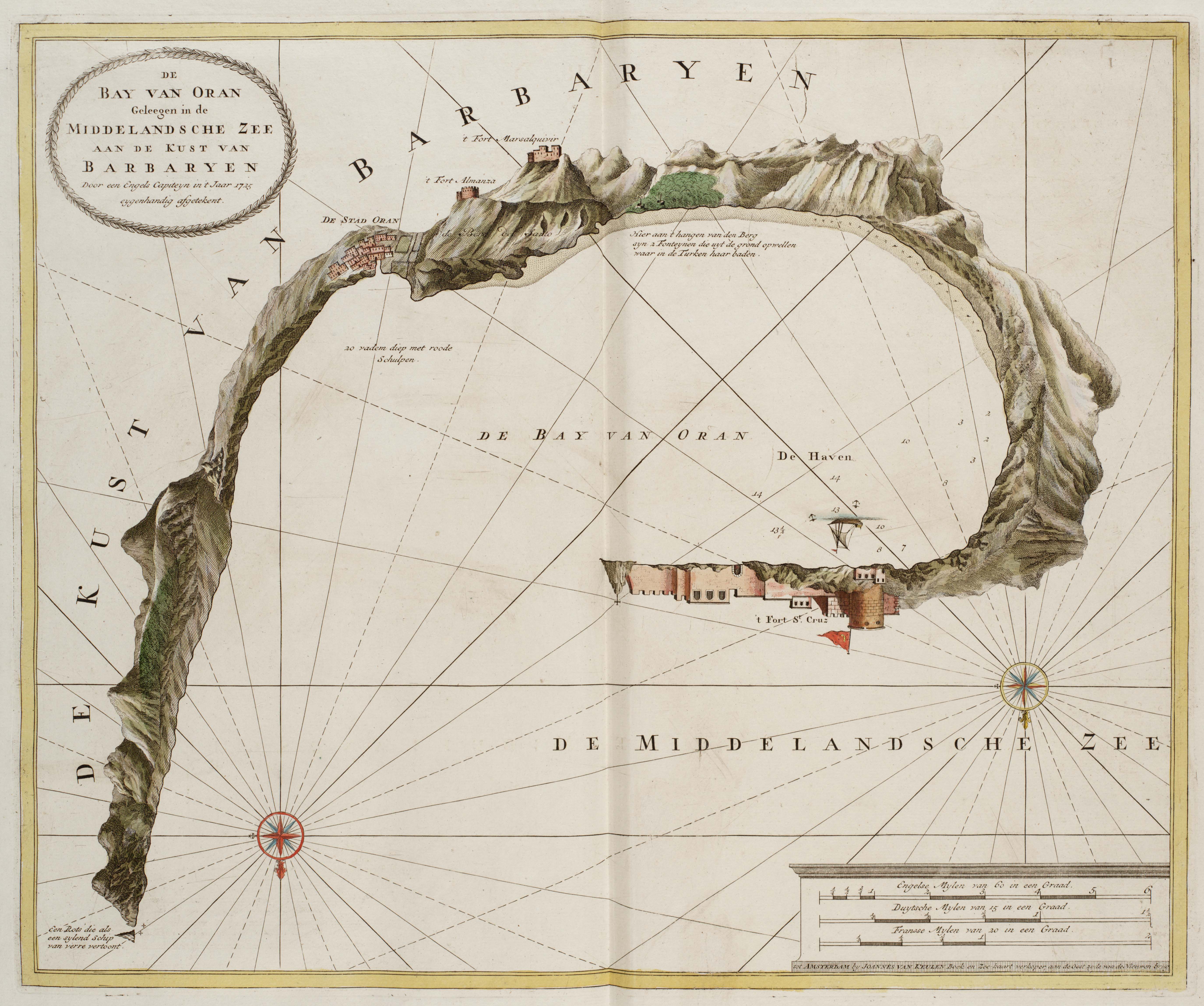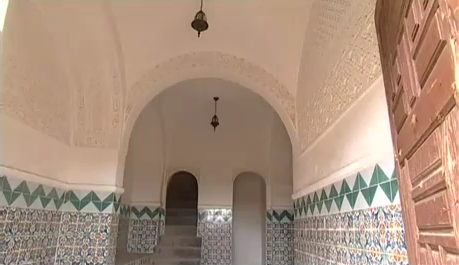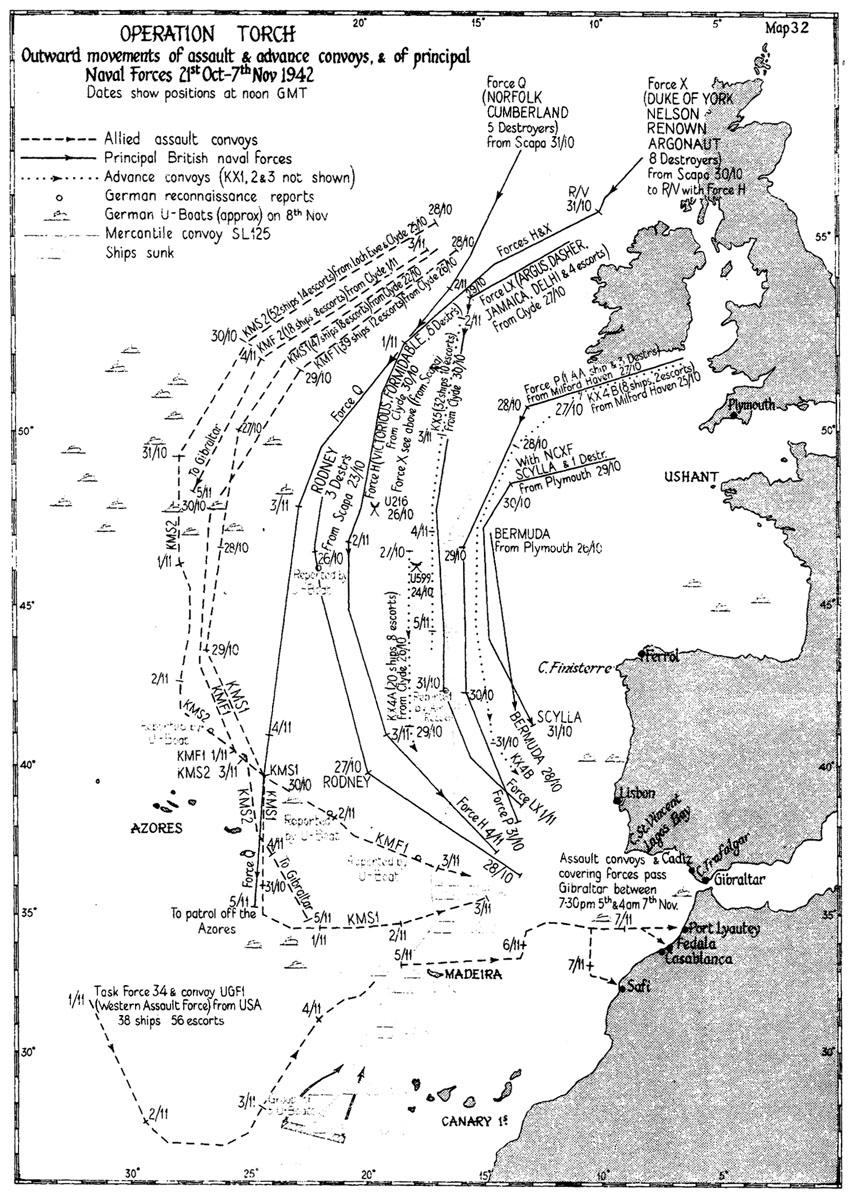|
Siege Of Oran (1792)
Siege of Oran may refer to: *Spanish conquest of Oran (1509), Siege of Oran (1509) : the Spanish Empire conquers the city in May 1509 from the Kingdom of Tlemcen *Siege of Oran (1556) : failed Ottoman siege against the Spanish *Sieges of Oran and Mers El Kébir, Siege of Oran (1563) : the Regency of Algiers fails to retake the city from the Spanish *Siege of Oran (1675–1678) : failed siege by the Regency of Algiers against the Spanish *Siege of Oran (1693) : failed attack by the Sultanate of Morocco *Siege of Oran (1707–1708) : Mustapha Bouchelaghem captures Oran from the Spanish, tied up in the War of Spanish Succession *Spanish conquest of Oran (1732), Siege of Oran (1723) : Spain retake the city. *Siege of Oran (1790–92) : The Ottomans retake the city from the Spanish See also *Operation Torch#Oran, Battle of Oran (1942) : Allied troops conquer Oran from Vichy France in Operation Torch during World War II {{disambiguation ... [...More Info...] [...Related Items...] OR: [Wikipedia] [Google] [Baidu] |
Spanish Conquest Of Oran (1509)
The conquest of Oran by the Spanish Empire took place on May 1509, when an army led by Pedro Navarro on behalf of the Cardinal Cisneros seized the North African city, which was controlled by the Kingdom of Tlemcen. Background The Spanish captured the city of Mers-El-Kébir after a successful expedition against the local Algerian dynasty, the Zayyanids. In 1507, the Zayyanids ambushed the city of Mers-el-Kébir, with about 11,000 cavalry, gaining a decisive victory against the Spanish forces. The siege Preparations for the expedition began in September 1508. The Crown invested 39.6 million maravedis in the expedition. In comparison, the armada to Castilla del Oro in 1514 would cost 14 million and the armada of Maluco led by Hernando de Magallanes cost 8.35 million. A fleet left port from Cartagena on 16 May and sailed towards Mers el-Kebir, a city located near Oran and already (since 1505) under Spanish control. The fleet had 80 ''naos'' and 10 galleys, plus additional ... [...More Info...] [...Related Items...] OR: [Wikipedia] [Google] [Baidu] |
Kingdom Of Tlemcen
The Kingdom of Tlemcen or Zayyanid Kingdom of Tlemcen ( ar, الزيانيون) was a Berber kingdom in what is now the northwest of Algeria. Its territory stretched from Tlemcen to the Chelif bend and Algiers, and at its zenith reached Sijilmasa and the Moulouya River in the west, Tuat to the south and the Soummam in the east.الدولة الزيانية في عهد يغمراسن: دراسة تاريخية وحضارية 633 هـ - 681 هـ / 1235 م - 1282 مخالد بلع ربي Al Manhal [...More Info...] [...Related Items...] OR: [Wikipedia] [Google] [Baidu] |
Siege Of Oran (1556) ...
The siege of Oran of 1556 occurred when Ottoman troops from Algiers besieged the Spanish garrison in Oran. The siege, by land and sea, was unsuccessful and had to be lifted in August 1556 when the Ottoman fleet of 40 galleys was recalled for duty in the Eastern Mediterranean. During the time the Ottomans were occupied in the siege, the Moroccans, who were allied with the Spanish, occupied the city of Tlemcen. Notes See also *Sieges of Oran and Mers El Kébir {{DEFAULTSORT:Oran 1556, Siege of Sieges involving Spain Sieges involving the Ottoman Empire Conflicts in 1556 Ottoman–Spanish conflicts 16th century in Algeria Suleiman the Magnificent 1556 in the Ottoman Empire History of Oran 1556 in Africa Oran Oran Oran ( ar, وَهران, Wahrān) is a major coastal city located in the north-west of Algeria. It is considered the second most important city of Algeria after the capital Algiers, due to its population and commercial, industrial, and cultural ... [...More Info...] [...Related Items...] OR: [Wikipedia] [Google] [Baidu] |
Sieges Of Oran And Mers El Kébir
Between April and June 1563 the Regency of Algiers launched a major military campaign to retake the Spanish military-bases of Oran and Mers el Kébir on the North African coast, occupied by Spain since 1505. The sieges of Oran and Mers El Kébir of 1563 represented a major Hispano-Algerian episode in the larger Ottoman-Habsburg wars of the Mediterranean. The Kingdom of Algiers, the Principalities of Kabyle ( Kuku and Beni Abbes), and other vassal tribes combined forces as one army under Hasan Pasha, son of Hayreddin Barbarossa, and Jafar Catania. The Spanish commander brothers, Alonso de Córdoba Count of Alcaudete and Martín de Córdoba, managed to hold the strongholds of Oran and Mers El Kébir, respectively, until the relief fleet of Francisco de Mendoza arrived to successfully defeat the offensive. Background With the defeat of the Knights of Malta and the conquest of Tripoli by the Ottoman admiral Turgut Reis in 1551, and the fall of Bougie to the governor of Algie ... [...More Info...] [...Related Items...] OR: [Wikipedia] [Google] [Baidu] |
Regency Of Algiers
The Regency of Algiers ( ar, دولة الجزائر, translit=Dawlat al-Jaza'ir) was a state in North Africa lasting from 1516 to 1830, until it was conquered by the French. Situated between the regency of Tunis in the east, the Sultanate of Morocco (from 1553) in the west and Tuat as well as the country south of In Salah in the south (and the Spanish and Portuguese possessions of North Africa), the Regency originally extended its borders from La Calle in the east to Trara in the west and from Algiers to Biskra, and afterwards spread to the present eastern and western borders of Algeria. It had various degrees of autonomy throughout its existence, in some cases reaching complete independence, recognized even by the Ottoman sultan. The country was initially governed by governors appointed by the Ottoman sultan (1518–1659), rulers appointed by the Odjak of Algiers (1659–1710), and then Deys elected by the Divan of Algiers from (1710-1830). History Establishment Fr ... [...More Info...] [...Related Items...] OR: [Wikipedia] [Google] [Baidu] |
Siege Of Oran (1693)
The siege of Oran (1693) was an attempt by the Alaouite sultan Ismail Ibn Sharif to take the city of Oran, which was then under Spanish rule. Although they were otherwise enemies, this was one of the rare cases the Deylik of Algiers, and the Spanish Empire cooperated. Background The Sharif Ismail and his sons carried out various expeditions in Algerian territory between 1640 and 1701 with the support of certain marabouts. All of these expeditions failed. The presence of the Spaniards in Oran allowed the Algerians to benefit from the status of fighters (ghazis) in the holy war against the Christian invaders. Thus the Moroccans decided to not include them in the campaign as to not give them any more prestige. Maraboutic expeditions were mounted to besiege Oran. It was in this context of rivalry that Ismail Ibn Sharif made an attempt in 1693 to capture Oran, and possible more territory. These repeated incursions by Moulay Ismael into western Algeria led to the only period when a S ... [...More Info...] [...Related Items...] OR: [Wikipedia] [Google] [Baidu] |
Sultanate Of Morocco
Morocco (),, ) officially the Kingdom of Morocco, is the westernmost country in the Maghreb region of North Africa. It overlooks the Mediterranean Sea to the north and the Atlantic Ocean to the west, and has land borders with Algeria to the east, and the disputed territory of Western Sahara to the south. Mauritania lies to the south of Western Sahara. Morocco also claims the Spanish exclaves of Ceuta, Melilla and Peñón de Vélez de la Gomera, and several small Spanish-controlled islands off its coast. It spans an area of or , with a population of roughly 37 million. Its official and predominant religion is Islam, and the official languages are Arabic and Berber; the Moroccan dialect of Arabic and French are also widely spoken. Moroccan identity and culture is a mix of Arab, Berber, and European cultures. Its capital is Rabat, while its largest city is Casablanca. In a region inhabited since the Paleolithic Era over 300,000 years ago, the first Moroccan state was ... [...More Info...] [...Related Items...] OR: [Wikipedia] [Google] [Baidu] |
Siege Of Oran (1707–1708)
The siege of Oran was a battle between the Spanish Empire and the Regency of Algiers. It was started by Mustapha Bouchelaghem, the Bey of Mascara. The Algerian victory in the battle led to the city being reconquered by the Algerians for 24 years (1708–1732), before Spanish forces reconquered the town in 1732. Background In 1509, Spain conquered Oran from the Algerian Kingdom of Tlemcen. The Spanish garrison had to engage in a form of diplomacy with the local Algerian tribes, as to not get raided by them. Despite Ottoman-Algerian attempts to seize the town, such as in 1563 all failed. Around the start of the 18th century, relations with these tribes soured. The "peaceful Moors", tribes which engaged in commerce with the Spanish, refused to do so thanks to this drop in relations, isolating the town from North Africa, and forcing the Spanish to supply it through sea. In 1703, the new governor of Oran, Don Carlos Carraja raided the Algerian Beni Ameur tribes. About 80 wer ... [...More Info...] [...Related Items...] OR: [Wikipedia] [Google] [Baidu] |
Mustapha Bouchelaghem
Mustapha Bouchelaghem, also known as Bey Bouchelaghem was the Bey of the Western Beylik from 1686 to 1734/37. Origins and early life Mustapha, born as Mustapha ben Youcef was the son of an Algerian Arabic man called Youcef el-Mesrati, a noble from the Kalaa of Beni Rached, and an Algerian woman. His father served as Khalifa (lieutenant-governor) to the Bey of Constantine. He moved back to Mostaganem where he had 8 children, the first-born being Mustapha. Several of his siblings would also become Beys of Oran later on. His full name was Mustapha ben Youcef Ben Mohamed ben Ishaq el-Mesrati. The name Bouchelaghem, and its Spanish version "El Bigotillos," was an epithet referring to his Moustache. Bey He was elected as Bey in 1686, after the previous bey Chaban-ez-Zenagui was killed in front of Oran. In 1701 he moved his capital to Mascara, and built a garrison there. The reason for this was its more central location. He worked hard to accumulate a large army mainly composed ... [...More Info...] [...Related Items...] OR: [Wikipedia] [Google] [Baidu] |
War Of Spanish Succession
The War of the Spanish Succession was a European great power conflict that took place from 1701 to 1714. The death of childless Charles II of Spain in November 1700 led to a struggle for control of the Spanish Empire between his heirs, Philip of Anjou and Charles of Austria, and their respective supporters, among them Spain, Austria, France, the Dutch Republic, Savoy and Great Britain. Related conflicts include the 1700–1721 Great Northern War, Rákóczi's War of Independence in Hungary, the Camisards revolt in southern France, Queen Anne's War in North America and minor trade wars in India and South America. Although weakened by over a century of continuous conflict, Spain remained a global power whose territories included the Spanish Netherlands, large parts of Italy, the Philippines, and much of the Americas, which meant its acquisition by either France or Austria potentially threatened the European balance of power. Attempts by Louis XIV of France and William III of ... [...More Info...] [...Related Items...] OR: [Wikipedia] [Google] [Baidu] |
Spanish Conquest Of Oran (1732)
The Spanish conquest of Oran and Mers el-Kebir took place from 15 June to 2 July 1732, between the Kingdom of Spain and the Deylik of Algiers. The great Spanish expedition led by Don José Carrillo de Albornoz, Duke of Montemar and Don Francisco Javier Cornejo defeated the Algerian troops under the command of the Bey of the Beylik of Oran, Mustapha Bouchelaghem, and the Wali of Oran, Hassan. It successfully conquered the fortress-cities of Oran and Mers el-Kebir, ruled and administered by Algiers from 1708, during the War of the Spanish Succession, when both cities were conquered by the aforementioned Bouchelaghem, who was the governor of the western regions of Algiers. Background During the War of the Spanish Succession, the strategic African cities of Oran and Mers el-Kebir, which have been under Spanish control since the early 16th century, were taken by the Bey of Oran, Bouchlaghem Bey, taking advantage of the difficult time that Spain was going through. With the war having ... [...More Info...] [...Related Items...] OR: [Wikipedia] [Google] [Baidu] |
Operation Torch
Operation Torch (8 November 1942 – Run for Tunis, 16 November 1942) was an Allies of World War II, Allied invasion of French North Africa during the Second World War. Torch was a compromise operation that met the British objective of securing victory in North Africa while allowing American armed forces the opportunity to engage in the fight against Nazi Germany on a limited scale. It was the first mass involvement of US troops in the Mediterranean and Middle East theatre of World War II, European–North African Theatre, and saw the first major airborne assault carried out by the United States. While the French colonies were formally aligned with Germany via Vichy France, the loyalties of the population were mixed. Reports indicated that they might support the Allies. American General Dwight D. Eisenhower, supreme commander of the Allied forces in Mediterranean Theater of Operations, planned a three-pronged attack on Casablanca (Western), Oran (Center) and Algiers (Easter ... [...More Info...] [...Related Items...] OR: [Wikipedia] [Google] [Baidu] |





